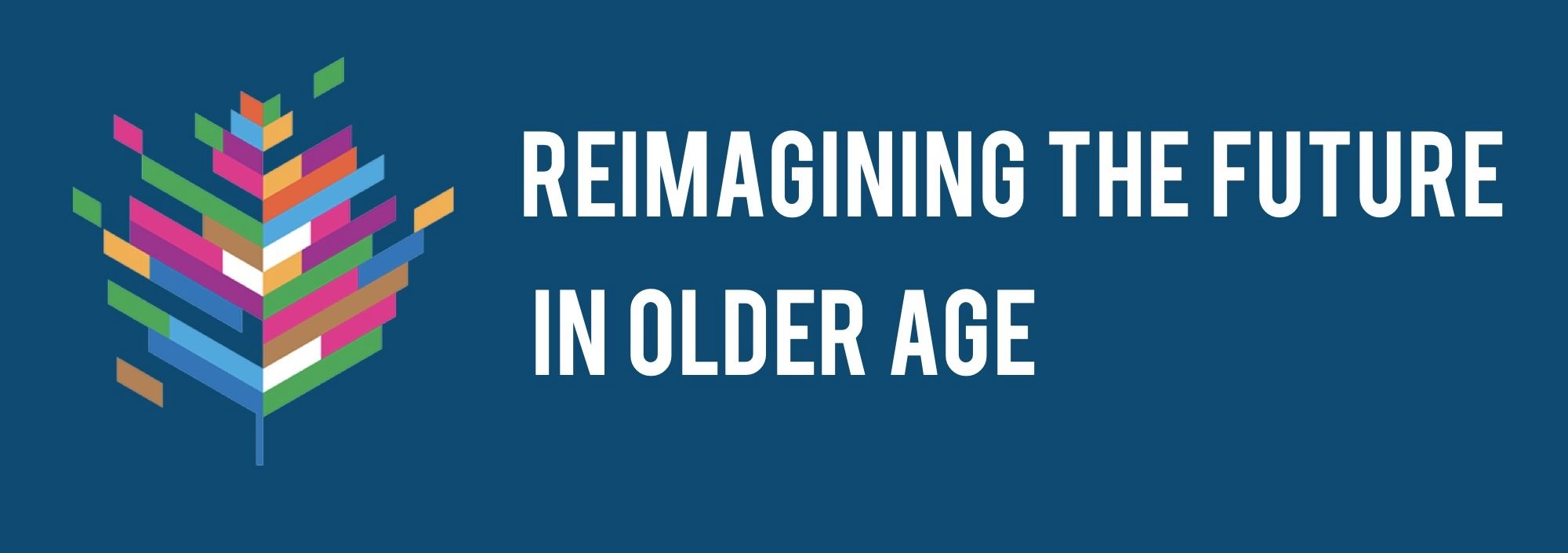The older we are, the closer we are to finitude – the end of life – but does this make the future more important to us or less? The aim of this exploratory project is to develop social understandings of the relationship between future time and older age within an economically-advantaged, minority-world context. As more people are living longer, there is more future time in older age than ever before, but within dominant ageist and social policy-oriented discourses, this time is often presented as a burden and economic threat for younger workers, rather than as more time that can be enjoyed in later life. This project will explore the potential for utopian thinking and arts-based methods to reimagine the future in older age, provide tools for further thinking in these areas, and provide practical guidance for policy makers on how to address what older people might desire as well as need in older age.
There are 5 specific objectives:
- Add to sociological knowledge of how the relationship between older age and future time is socially constructed.
- Contribute to sociological knowledge concerning how older people perceive and narrate the future. This objective will explore what the future means to older people, how it is narrated, and how individual narratives are shaped by dominant narratives and discourses.
- Contribute new knowledge to existing sociological understandings of the future in older age by using utopian, arts-based methods.
- Provide suggestions on what would be the features of a society in which having a desirable future in older age is valued.
- Elicit ‘counter narratives’ of the future in older age from members of the public who identify as older, by using participatory forum theatre.
The project has three stages. The first aims to understand existing narratives of future time in older age by conducting an interdisciplinary literature review of the relationship between old age and future time, and secondary analysis of narratives concerning time and age that were elicited through the Mass Observation (MO) project. The second aims to deconstruct narratives of future time and older age by asking intergenerational reading groups to explore how fictional representations of old age and future time can be used to imagine a society in which older people’s futures are more valued. The third will create narratives of future time and older age by using forum theatre to allow older volunteers to create and perform their own ‘narratives of the future’.


Melanie Lovatt and Valerie Wright

This work is licensed under a Creative Commons Attribution-NonCommercial-ShareAlike 4.0 International License. Some material on this website is not being made available under the terms of this licence. These are: Third-Party materials that are being used under fair use or with permission (photography owned by archives, blog contributors or from WikiMedia Commons). The respective copyright/Creative Commons licence details for use of third-party material should be consulted.
*** Please note the research team will not automatically include posts on this website for analysis in the project data but may contact you if they would like to include your comment ***
